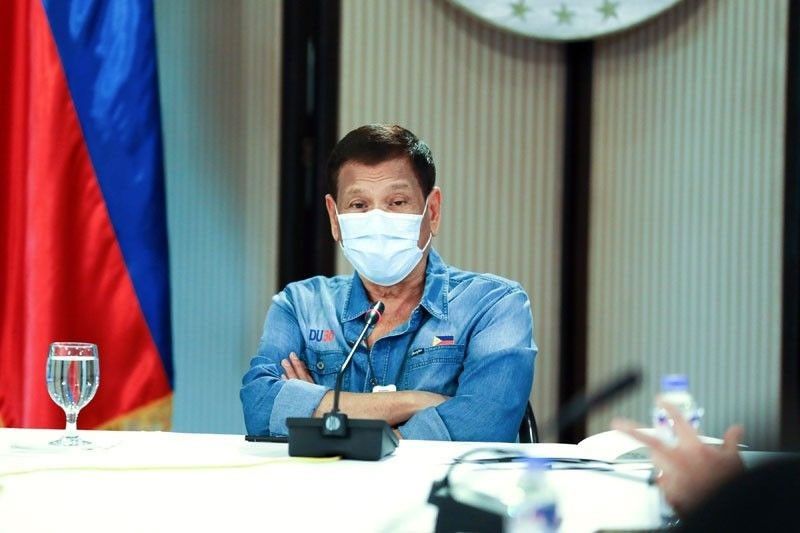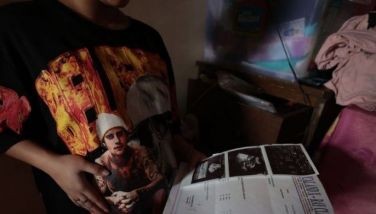Duterte eyes transistor radios for students

MANILA, Philippines — To give children from far-flung areas access to proper education amid the pandemic, President Duterte wants to give them transistor radios so they will not be left out in the Department of Education (DepEd)’s plan to implement an alternative learning program by August.
Duterte directed the Department of Budget and Management to look for funds for the procurement of radios, which he estimated to cost around P300 each.
The President is worried that the lack of computers and internet connection might disrupt the studies of children in remote villages.
He said poor families could not afford to buy gadgets or subscribe to internet connection.
Duterte reiterated his decision not to allow face-to-face classes until a vaccine for the coronavirus disease 2019 (COVID-19) is available.
He addressed concerns raised by parents on why tuition remains high despite the online alternative education strategy.
Duterte ordered the DepEd to explain the tuition issue.
“As announced, schools will open on Aug. 24 but there is still no face-to-face sessions until we get a vaccine,” he said, noting the risk on the students when physical classes will be conducted.
At a meeting on Monday with the President and the task force, Briones reported that around 10 million pupils have enrolled through the online enrollment system for the incoming school year.
Based on enrollment statistics from June 1 to 12, Briones said a total of 10.6 million learners have enrolled, with the highest in Region IV-A.
Briones said the agency has been coordinating with local government officials about their concerns on physical distancing measures, especially among young students.
Distance and online learning, using communication technologies and digital devices will be part of DepEd’s strategy under the blended learning approach.
Students who don’t have access to computers and internet will be provided with various learning modules in coordination with local officials.
During the meeting, Briones said the DepEd is negotiating with two telecommunication firms for free telecom services.
Work from home
The DepEd extended the work-from-home arrangement for all public school teachers and non-teaching personnel until the end of the week.
The status quo on work arrangements was extended until June 21 to avoid risks of exposure and allow proper determination on alternative work arrangements that would be implemented starting next week, Briones said.
Exempted from the work from home setup are those authorized by the regional directors to render work in field or school in light of the ongoing enrollment, subject to strict observance of health and safety precautions.
The agency released the guidelines on the alternative work arrangements for DepEd personnel, which outlines options that offices and schools may adopt amid the pandemic.
The options – which depend on prevailing community quarantine levels – include work from home, skeletal workforce or rotation of employees between physical reporting and work from home setup. Janvic Mateo, Paolo Romero
Related video:
- Latest
- Trending































